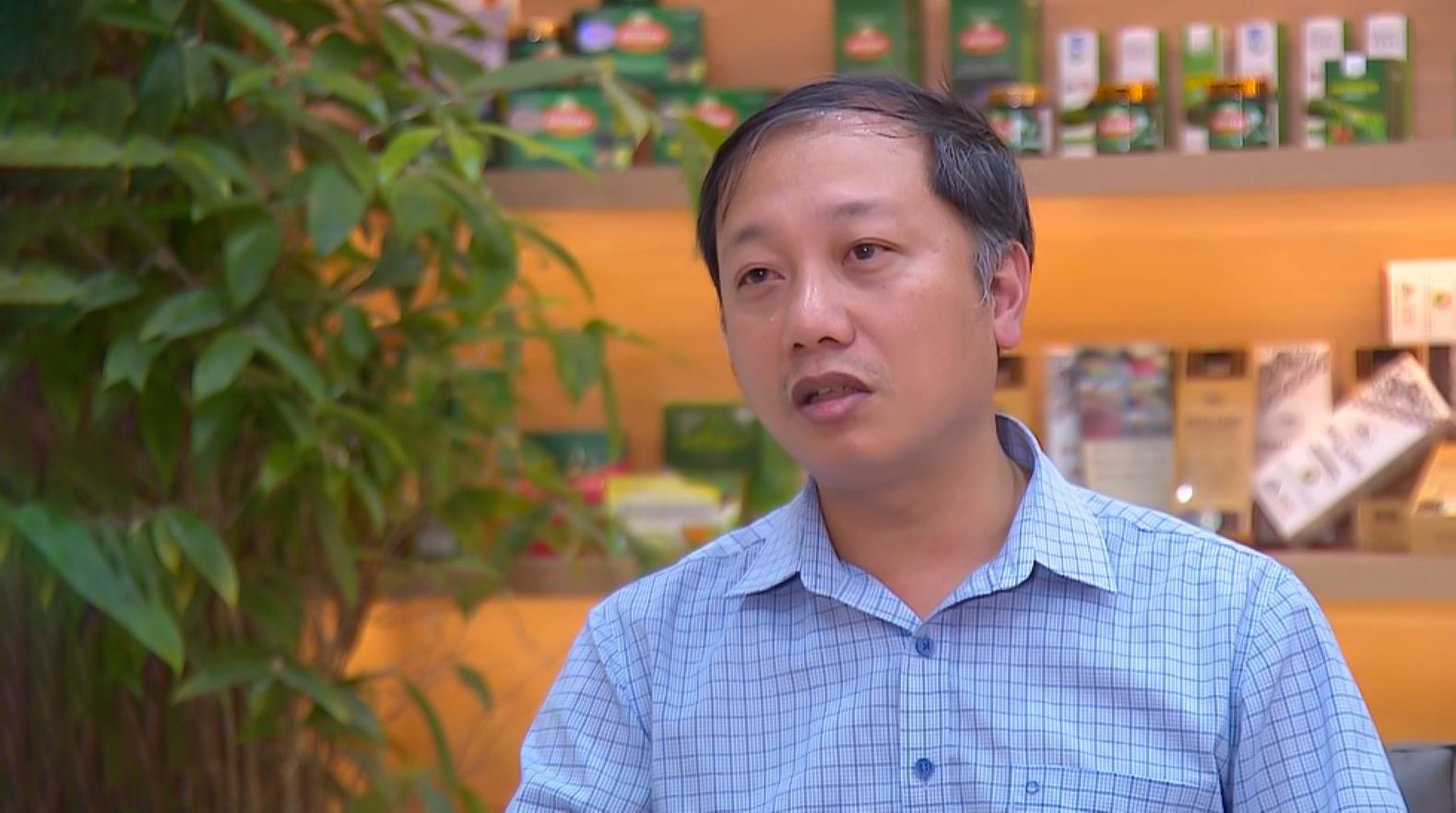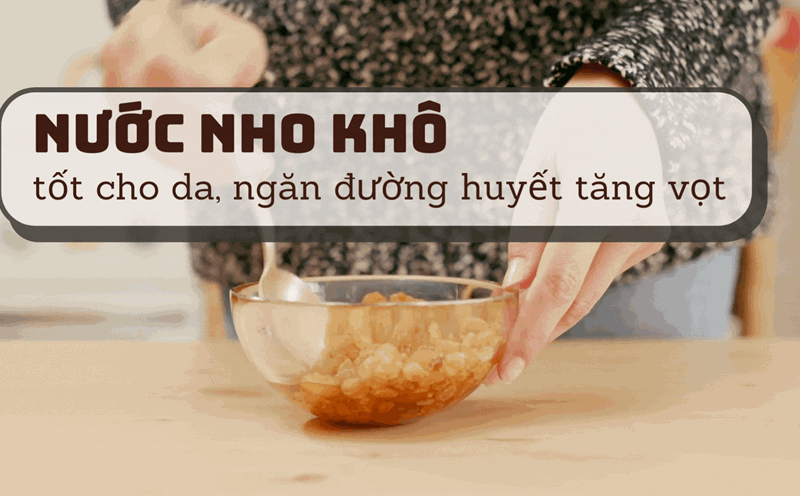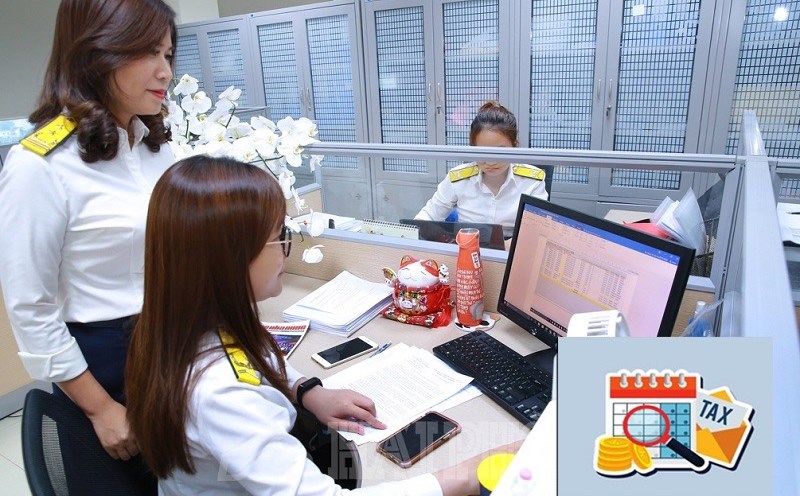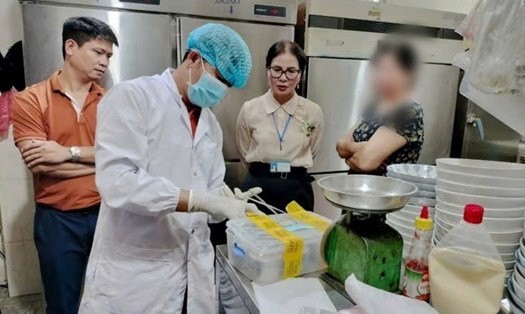In response to information that grapes imported from China contained pesticide residues exceeding the permitted limit from the Thai Pesticide Alert Network (Thai-PAN), Mr. Nguyen Quang Hieu - Deputy Director of the Plant Protection Department, Ministry of Agriculture and Rural Development (MARD) - said that the Plant Protection Department has included imported grapes in the food safety monitoring program in 2024.
When testing 10 samples of imported Chinese grapes, no food safety violations were detected.

The Plant Protection Department said it is contacting and getting official information from the Ministry of Agriculture and the Food and Drug Administration (FDA) of Thailand.
Based on the analysis results and official warnings from Thailand, the department will consider and apply strict inspection methods for imported grape shipments from China. At the same time, the department will continue to exchange information through international food safety warning channels to assess the food safety risks of Chinese grapes.
In Vietnam, food safety inspection of imported fruit shipments is being carried out in accordance with the provisions of Decree 15/2018/ND-CP dated February 2, 2018 of the Government promulgating detailed regulations for the implementation of a number of articles of the Law on Food Safety.
Grapes are currently inspected in the usual form of document inspection and supervision by specialized agencies (Plant Protection Department). The Department also has food safety monitoring programs to promptly prevent risks that may lead to food insecurity, and assess the safety level of products imported into Vietnam. In addition, the Department promptly detects violations and changes inspection methods.
"Based on monitoring data, post-inspection, domestic and international food safety warnings, and food safety violations over the years, specialized management agencies decide to apply regular inspection methods or strict inspections to shipments and items," Mr. Quang Hieu informed.
According to Mr. Quang Hieu, information on the mass media about this issue needs to be officially reported by management agencies (Ministry of Agriculture and Rural Development) to avoid causing inaccurate public opinion in society.
Recently, the Thai Pesticide Alert Network (Thai-PAN) issued a warning about Shine Muscat pollution, after discovering that most of the collected fruit samples contained toxic chemical residues exceeding the maximum allowable level.
The agency purchased 24 popular grape samples from various locations in early October. As a result, 23 out of 24 Shine Muscat grape samples tested were found to be contaminated with the toxic substance.
Nine Shine Muscat samples were identified as imported from China, the origin of the remaining 15 samples was unknown. Of these, one Shine Muscat sample was found to contain a pesticide (chlorpyrifos) banned in Thailand (this active ingredient is also not on the list of pesticides allowed for use in Vietnam).











